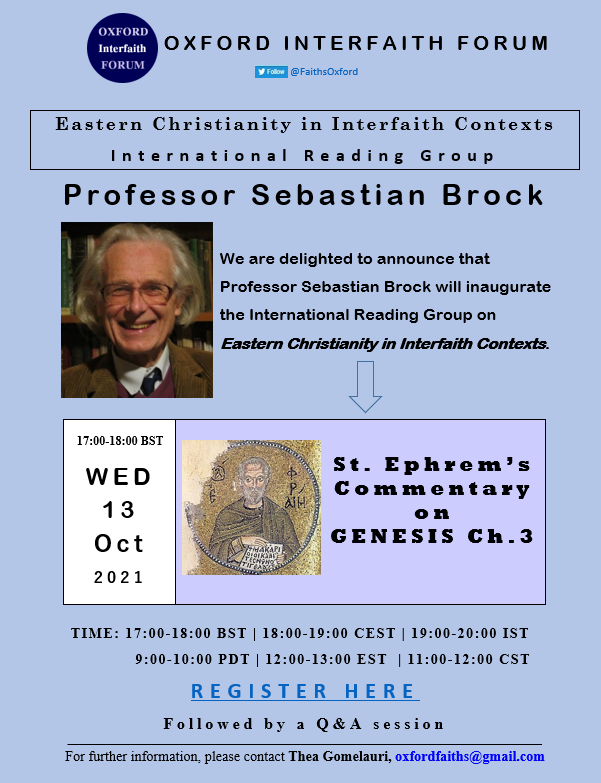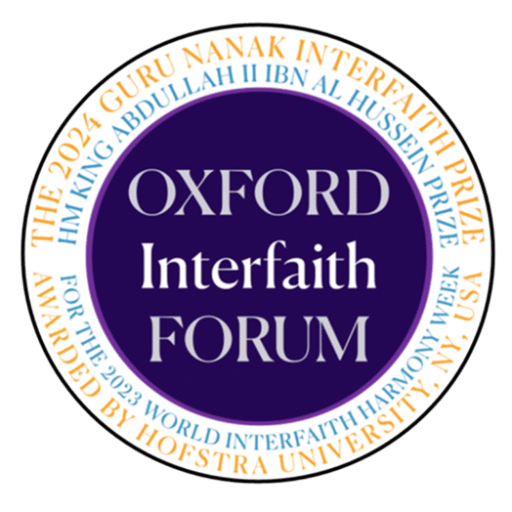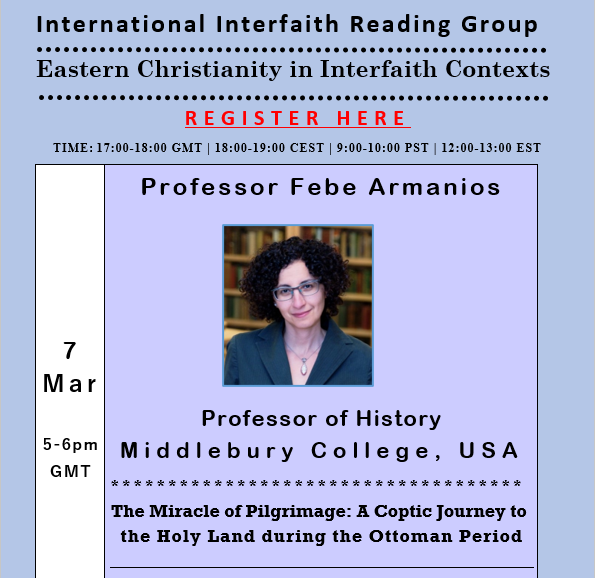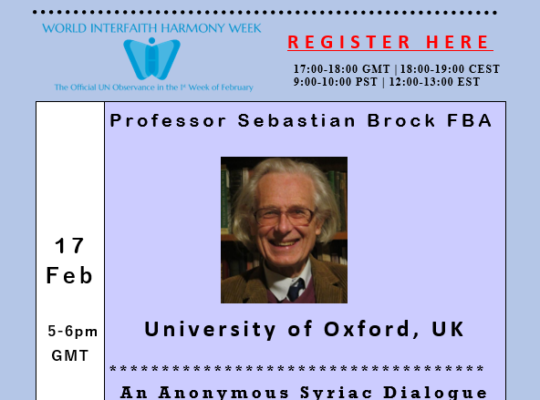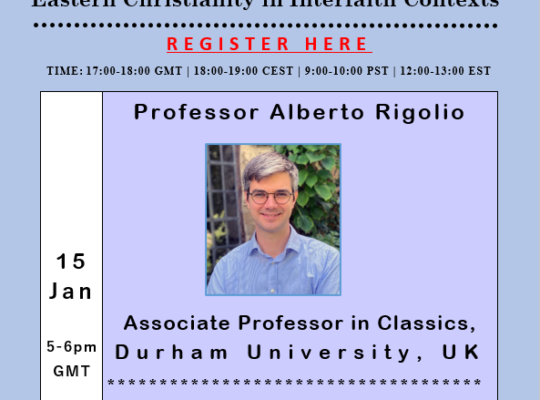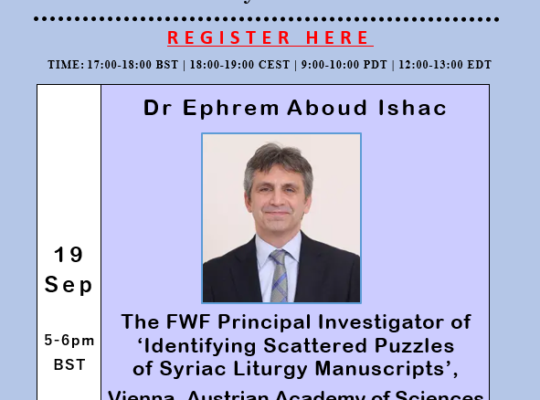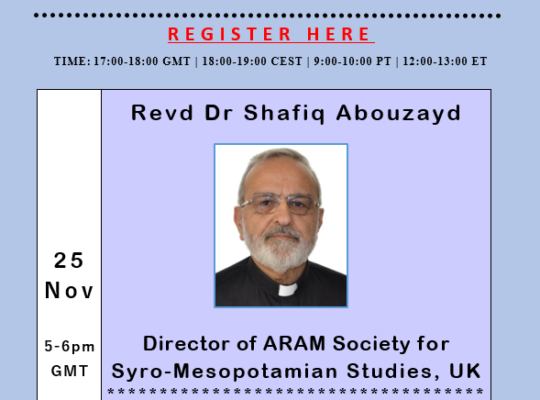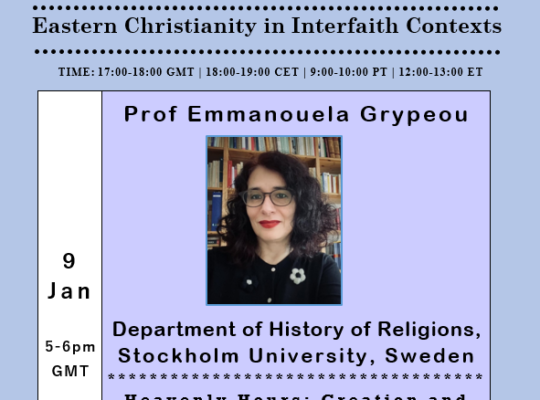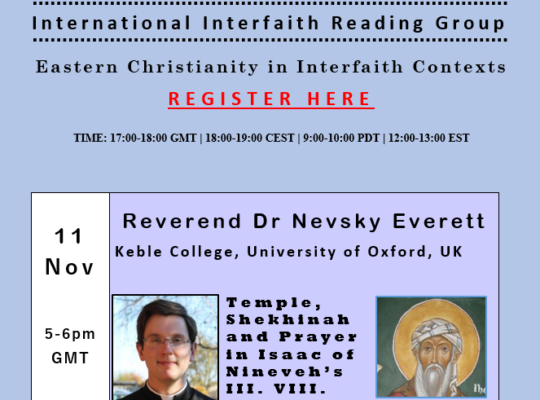7 March, 2024
We are deeply honoured to welcome Professor Febe Armanios, Professor of History at Middlebury College, USA, to lead the Eastern Christianity in Interfaith Contexts Reading Group.
Here are the details of this fascinating event.
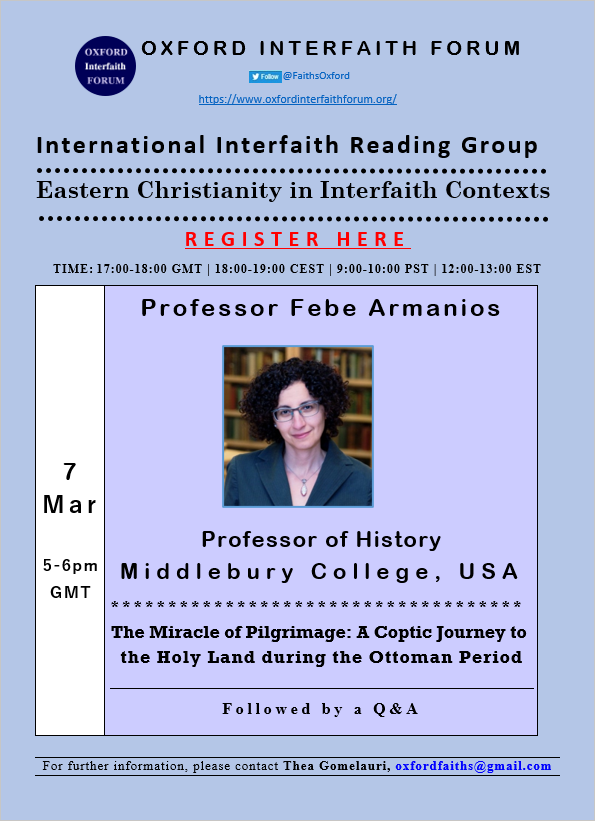
Title: The Miracle of Pilgrimage: A Coptic Journey to the Holy Land during the Ottoman Period
Abstract: The pilgrimage to Jerusalem constituted one of the most critical and public manifestations of Christian religious expression within the Ottoman world. The execution of this practice among Egypt’s Coptic Christians in the early eighteenth century—costly and precarious as it was—reveals a moment when lay and clerical leaders negotiated with each other and with religious and political authorities, from Egypt to Ottoman Palestine, to preserve this cherished ritual. This talk focuses on one early eighteenth-century text drawn from Coptic archives, which details the logistical preparations for making this journey and the feelings of spiritual edification that Ottoman-era Copts experienced through this ritual. On this occasion, Coptic lay elders (or archons) negotiated with local powerholders, supplied necessary provisions, gave alms to the poor, and paid requisite fees for the journey. In his spiritual capacity, the Coptic patriarch blessed villagers, led pilgrims in prayer, and interfaced with other Christian leaders in Jerusalem. For Coptic Christians, the pilgrimage rejuvenated their faith and allowed them to experience a palpable sense of community inside and beyond Egypt.
Speaker: Professor Febe Armanios, Professor in History at Middlebury College, USA.
Speaker’s Biography: Professor Febe Armanios teaches Middle East history at Middlebury College. She specializes in the history of Christian communities in the Middle East, with a strong focus on Egypt’s Coptic Christians. Her work is grounded in historical and contemporary examinations of comparative religious practices, including pietistic rituals, food traditions, and media expression. She is the author of Coptic Christianity in Ottoman Egypt (Oxford UP, 2011) and co-author with Boğaç Ergene of Halal Food: A History (Oxford UP, 2018). Currently, she is completing a book-length project titled Satellite Ministries: The Rise of Christian Television in the Middle East. For her research, she has been awarded fellowships from the Fulbright Foundation, the Gerda Henkel Foundation, the John Templeton Foundation, the National Endowment for the Humanities, and the Luce Foundation-ACLS, among others. She’s been a Visiting Fellow at Harvard Law School, a Distinguished Visiting Professor at Williams College, and has served on the Editorial Board for the International Journal of Middle East Studies. Over the span of two decades, she has emerged as a sought-after public speaker and international expert in various academic, media, political, and legal settings.
Chair: Professor Sebastian Brock, FBA, University of Oxford, UK
Date: 7 March, 2024.
Time: 17:00-18:00 GMT | 9:00-10:00 PST | 12:00-13:00 EST
Venue: Online
If you would like to join the Eastern Christianity in Interfaith Contexts Reading Group, please sign up here.
Related Sessions
- The Peshitta and the Making of the Antioch Bible
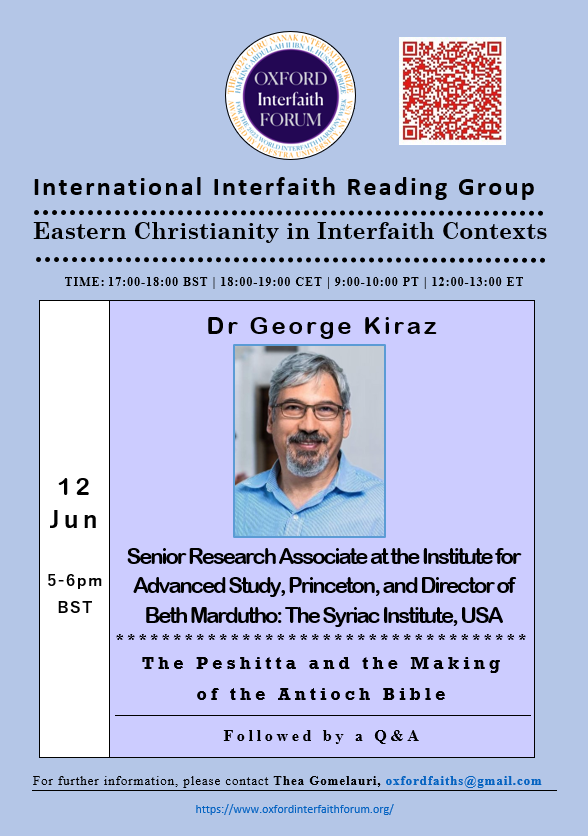
- Narsai’s Memra 49, on Adam and Eve: O Instructive Fault!
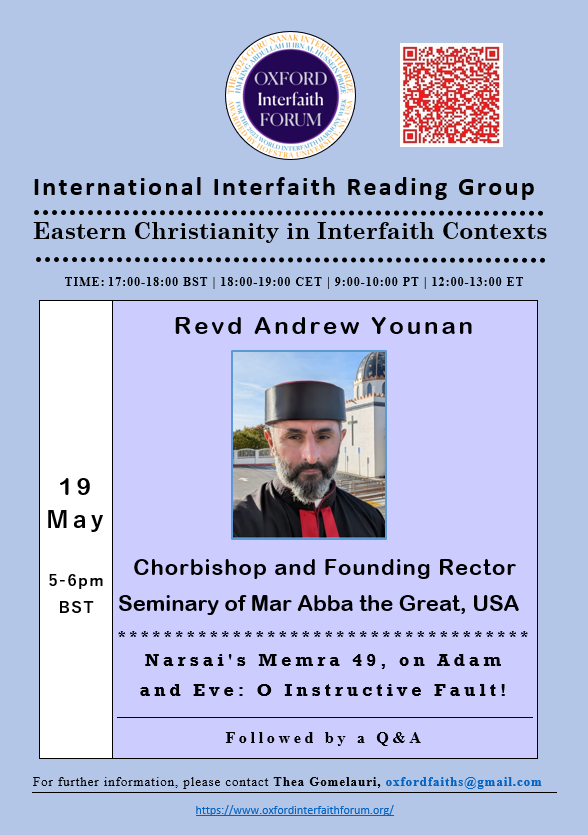
- Basil of Caesarea and Gregory of Nazianzus on the Problem with the Devil
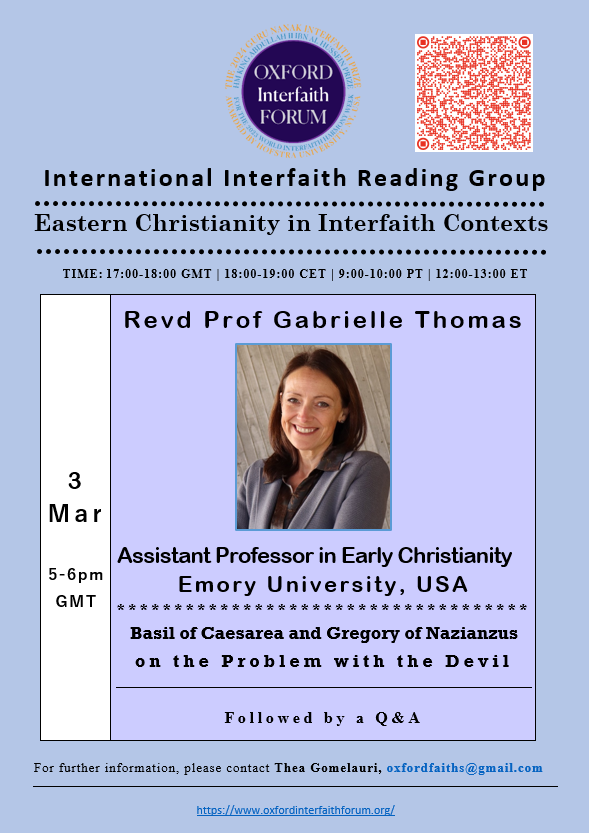
- Byzantine Aristocrat, Monk, Mystic and Dissident: Symeon the New Theologian (949-1022)
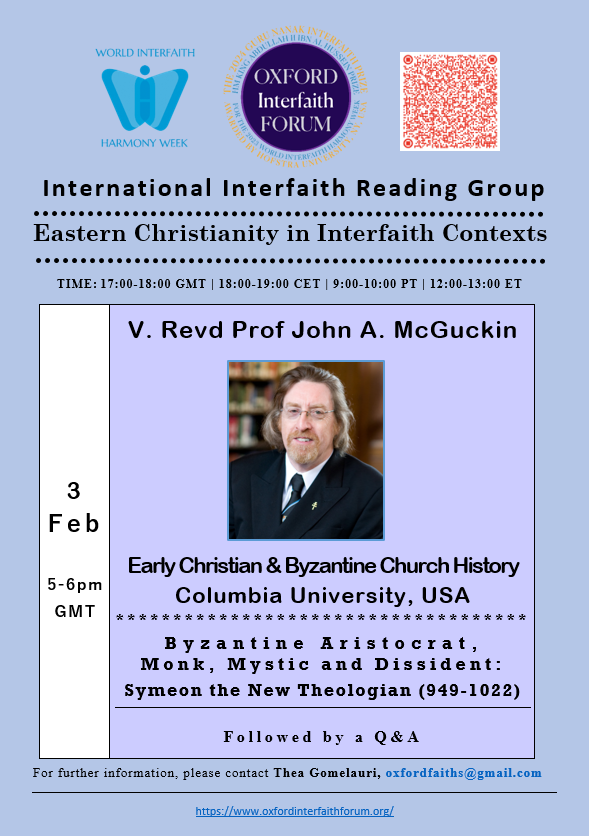
- Heavenly Hours: Creation and Time in the Syriac Testament of Adam
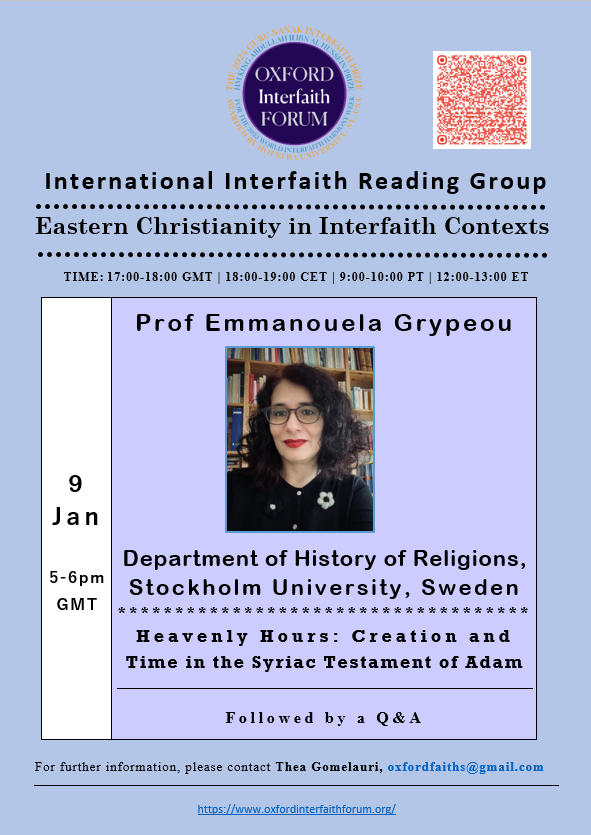
- The Monastic Homilies of Isaac of Antioch
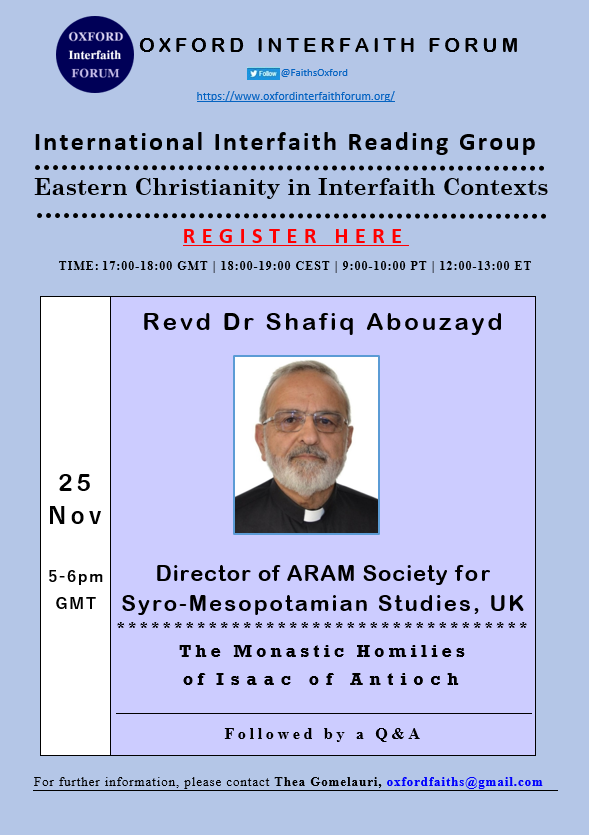
- Christian Trees
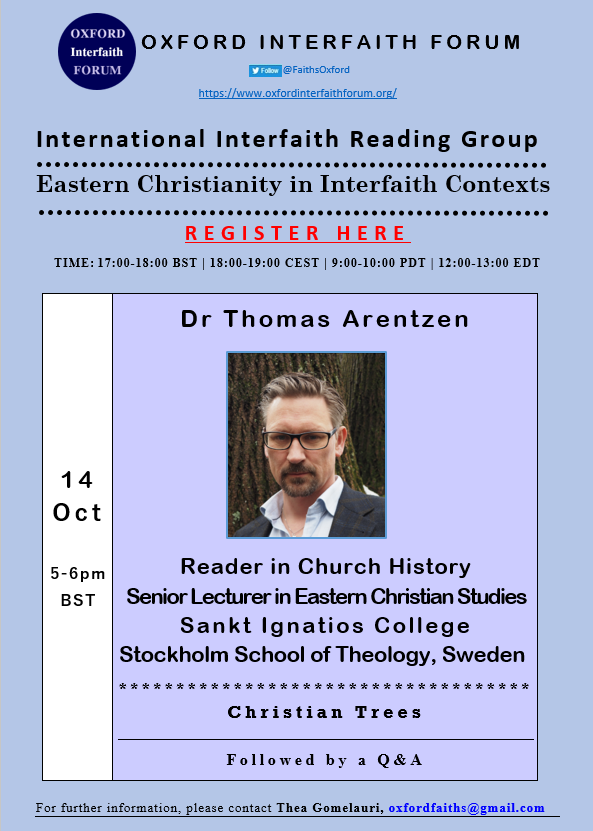
- Dialogue and Fire in a Fragmentary Syriac Martyrdom Narrative
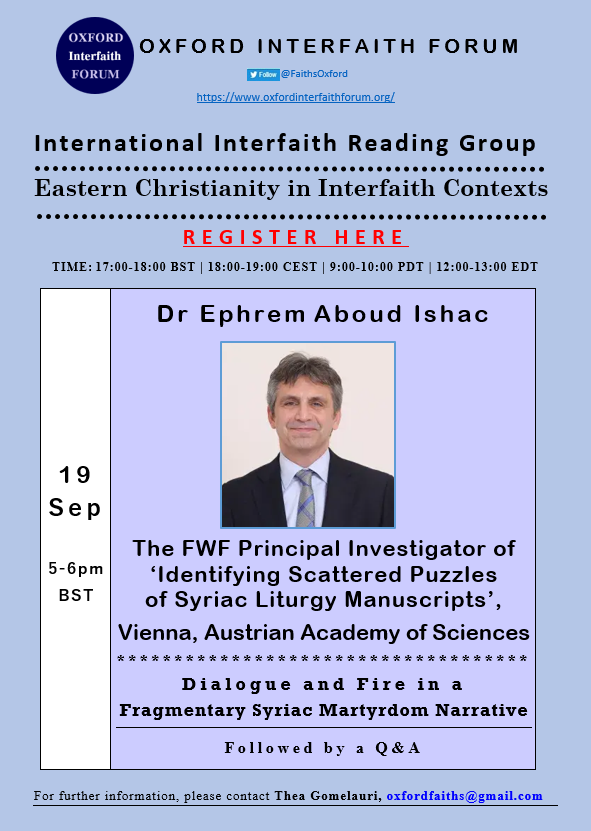
- The Origins of the First Anti-Jewish Good Friday Hymns
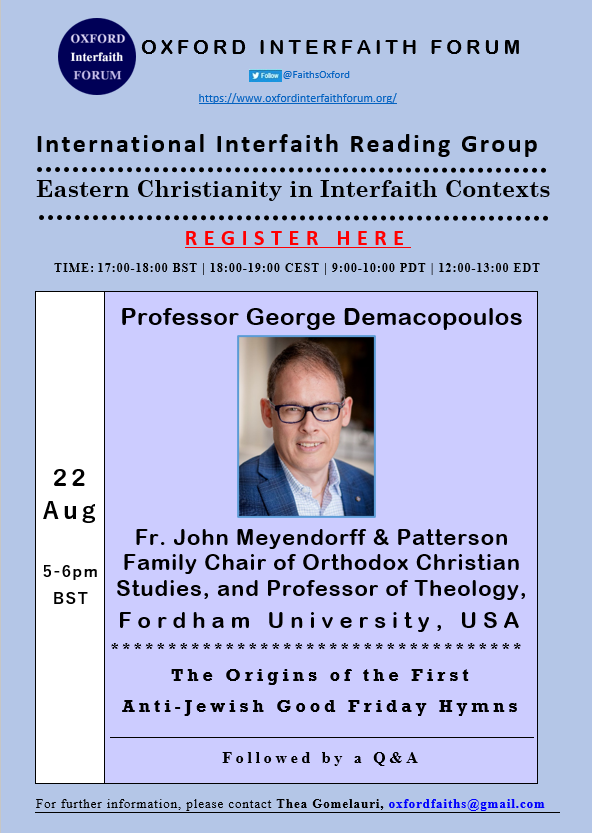
- Finding a Home: The West Syriac Context of the Clementine Epistles on Chastity
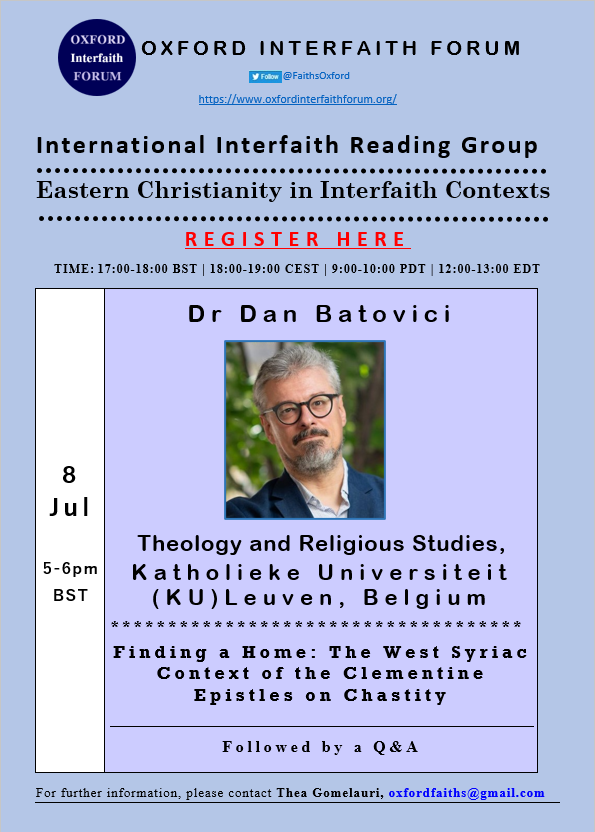
- Who was Mary, the Blessed Virgin and Mother of God? A Byzantine hagiographical narrative by the ninth-century Monk Epiphanios
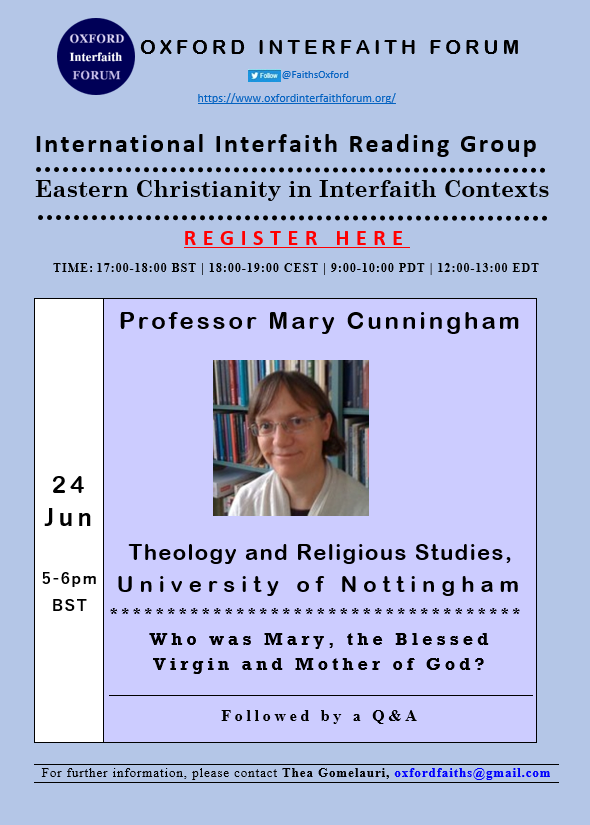
- Nikos Kazantzakis and Orthodox Christianity
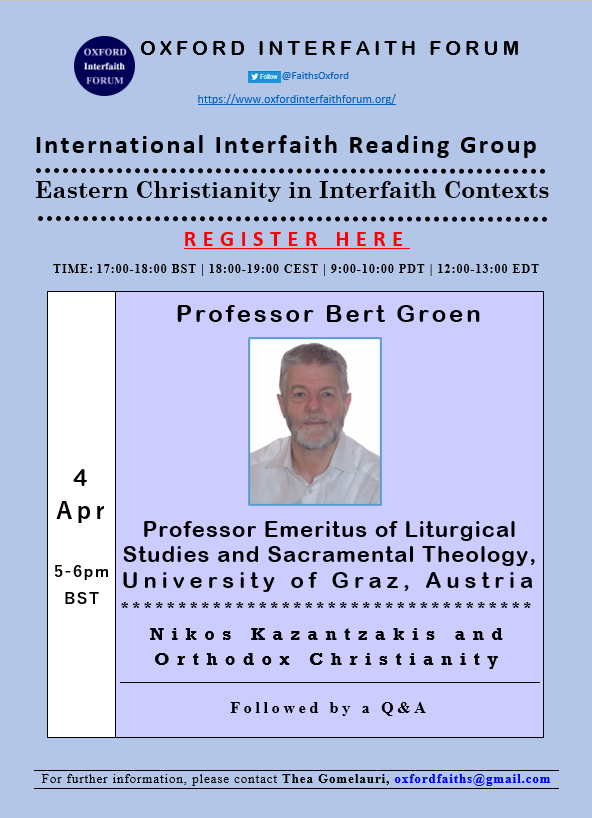
- The Miracle of Pilgrimage: A Coptic Journey to the Holy Land During the Ottoman Period

- Setting the Stage: The Rose of Performance in Studying Late Ancient Hymnody
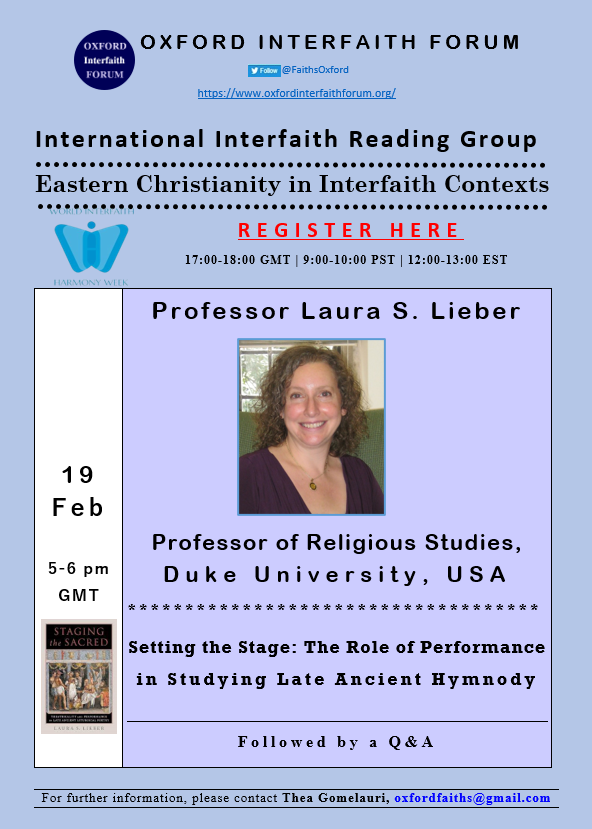
- Ephrem the Syrian and a New Beginning in Syriac Poetry
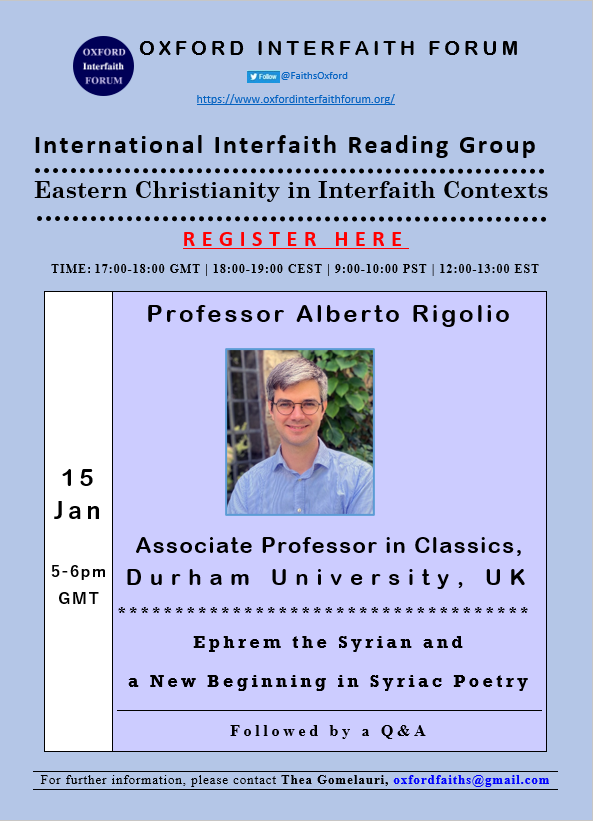
- A Jew Reads the Gospels in Syriac: Azariah de Rossi’s Critique of the Vulgate (1577)
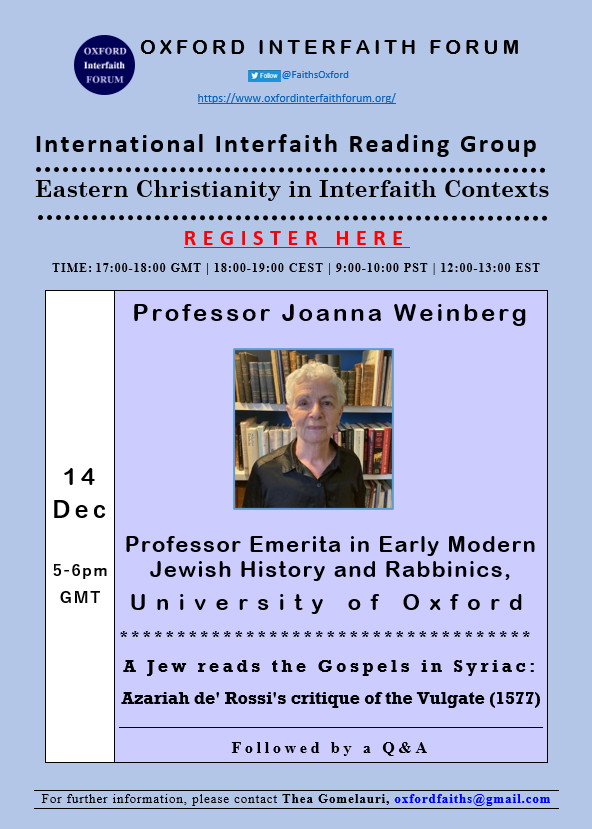
- The Manuscript Project at the Coptic Monastery of St Paul the Hermit at the Red Sea, Egypt
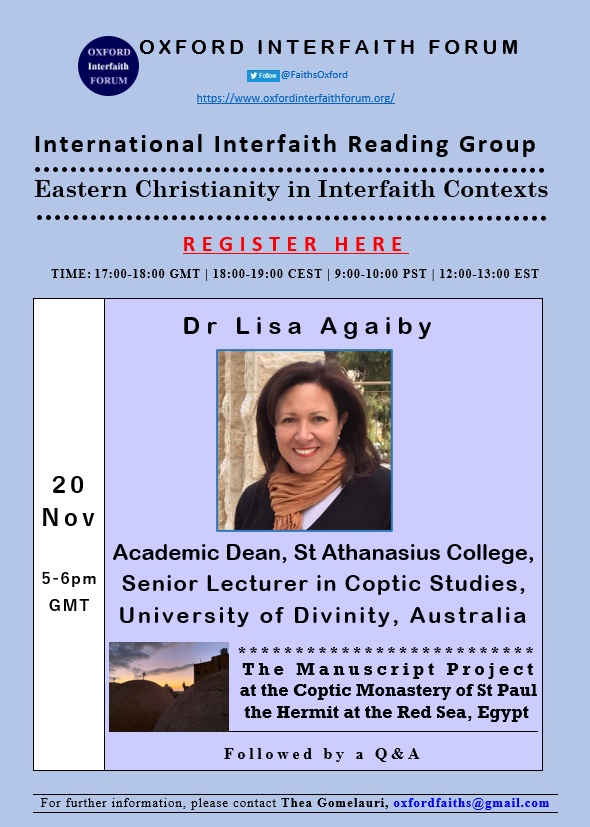
- Mary’s Ordeal: A Syriac Narrative Poem on Many and Joseph
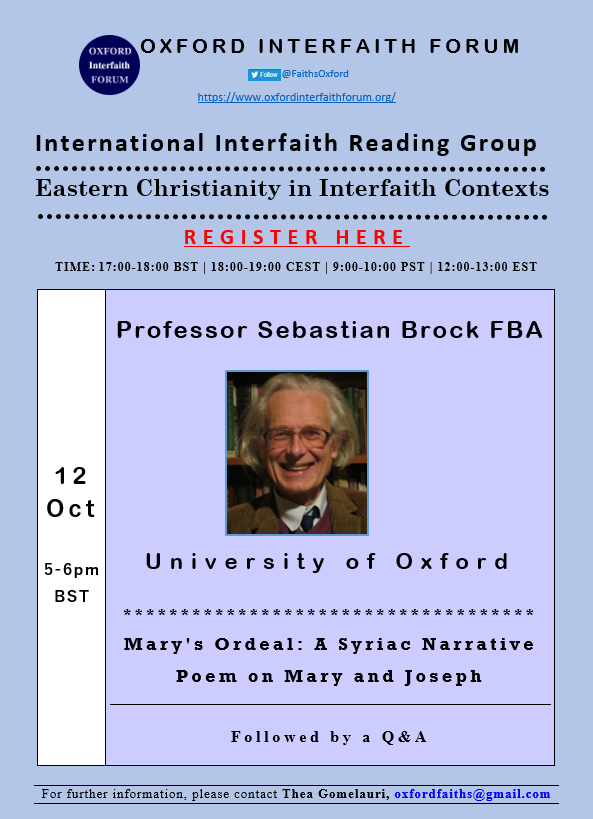
- Resurrection of the Human Body according to John of Dara’s Mimro I:4
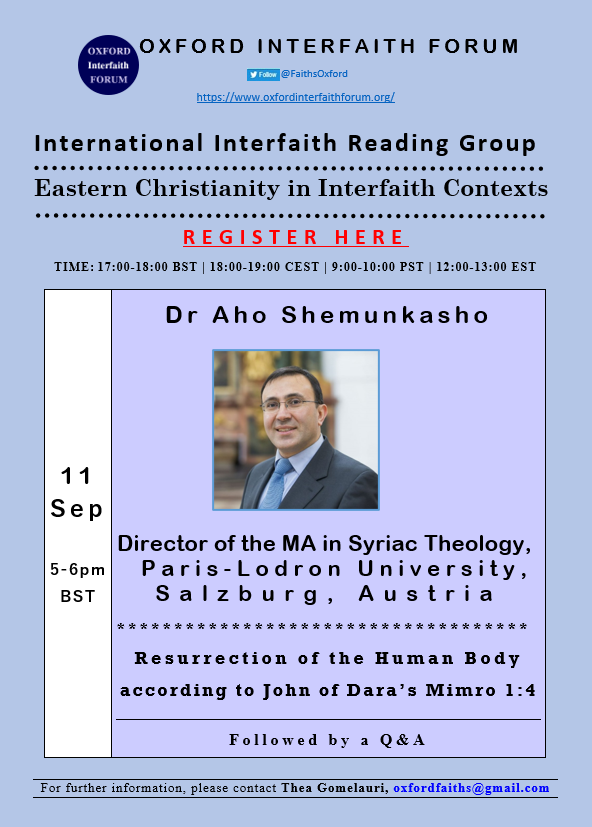
- Gregory of Nyssa: On the Human Image of God
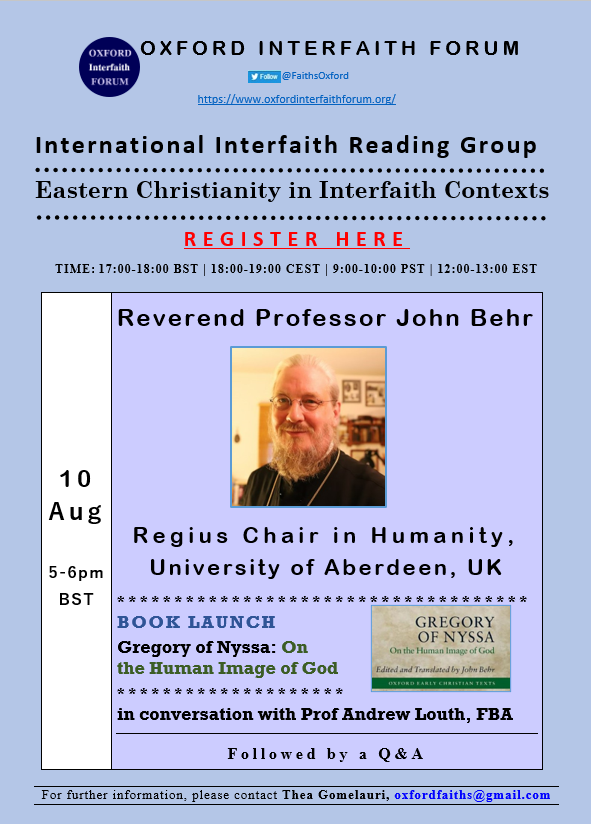
- ‘Conception by ear’ and Redemption of the Human Sensorium in Ephrem’s Thirty-fifth Madrasha on the Church
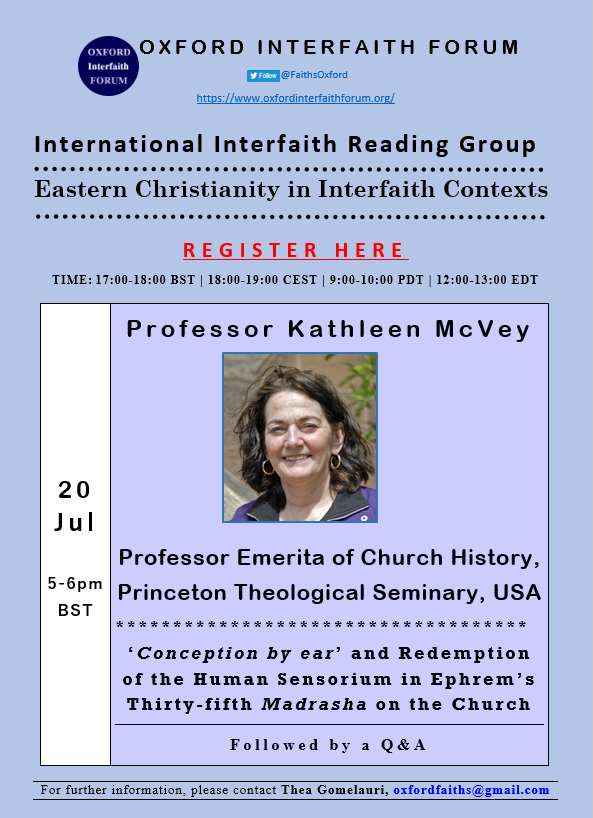
- From Edessa to South Arabia and Back: The Syriac Story of Bishop Paul and Priest John and Models of Sanctity in the Medieval Middle East
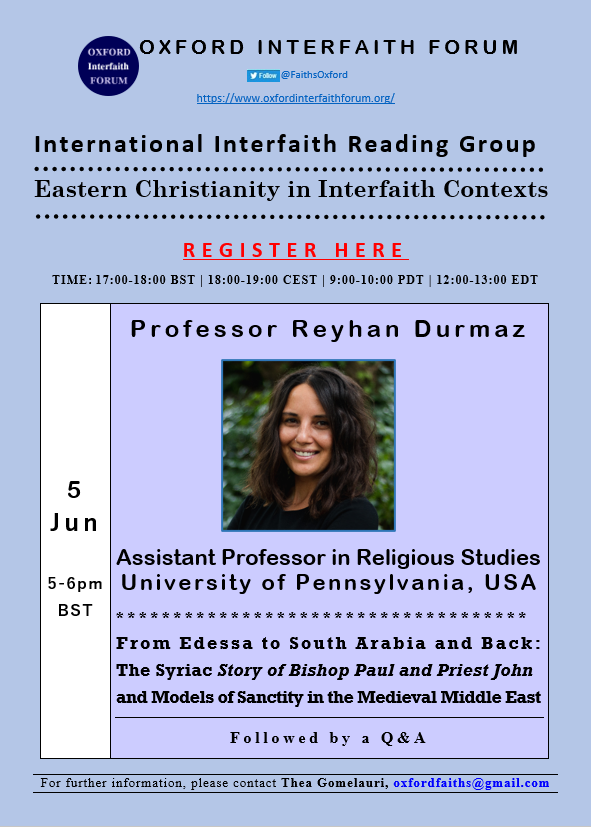
- Wrestling with Calculating-Thoughts: Mental Training according to Evagrius of Pontus
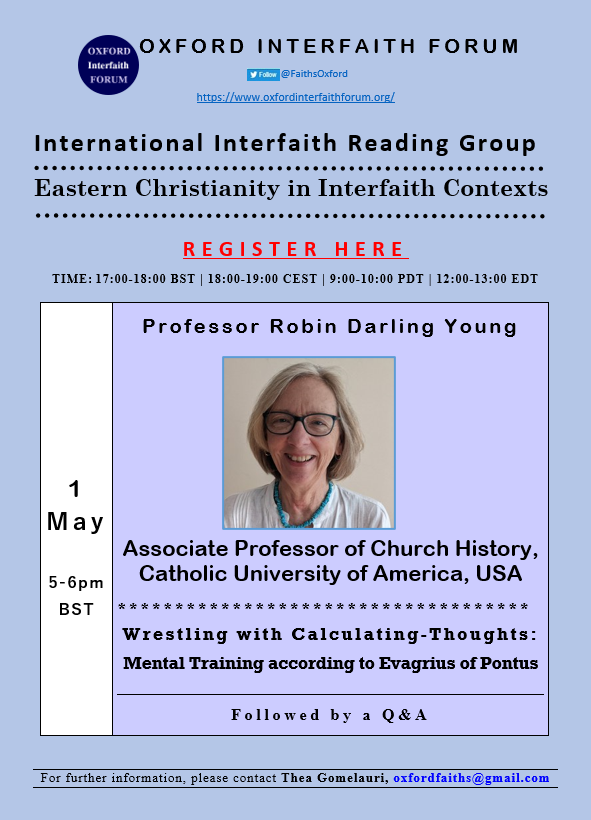
- Returning the Ticket: God and Evil in the Brothers Karamazov
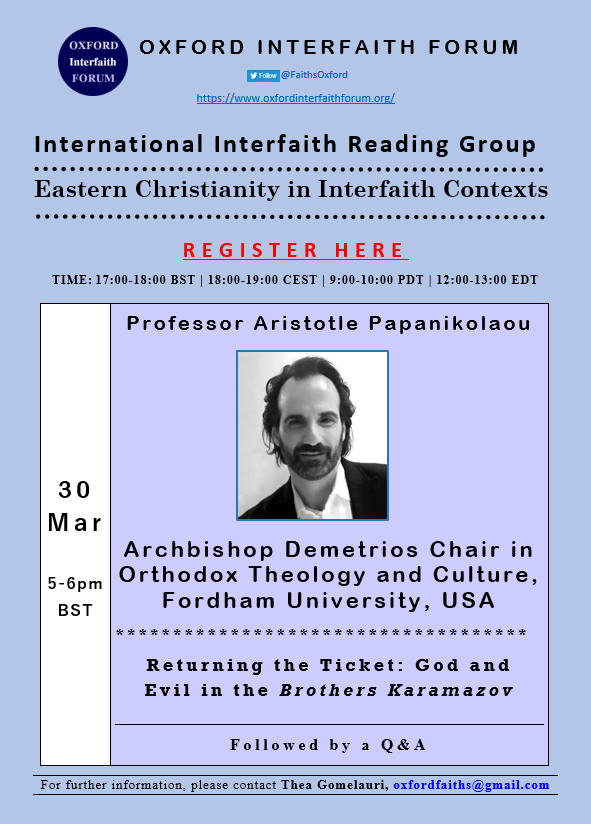
- Ecumenical Patriarch Athenagoras: an Orthodox Dialogue with Islam
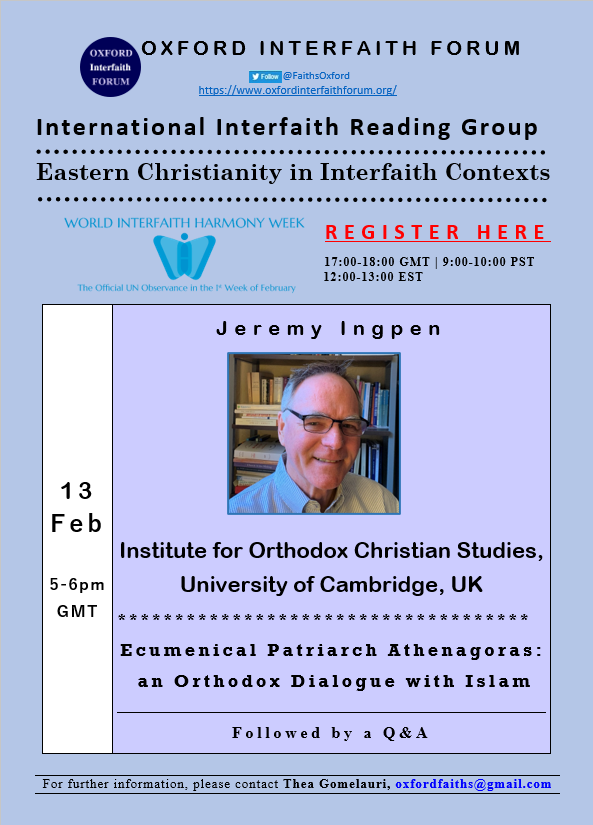
- Matta el-Meskin/Matthew the Poor: a ‘Contemporary Desert Father’ on Christian Unity
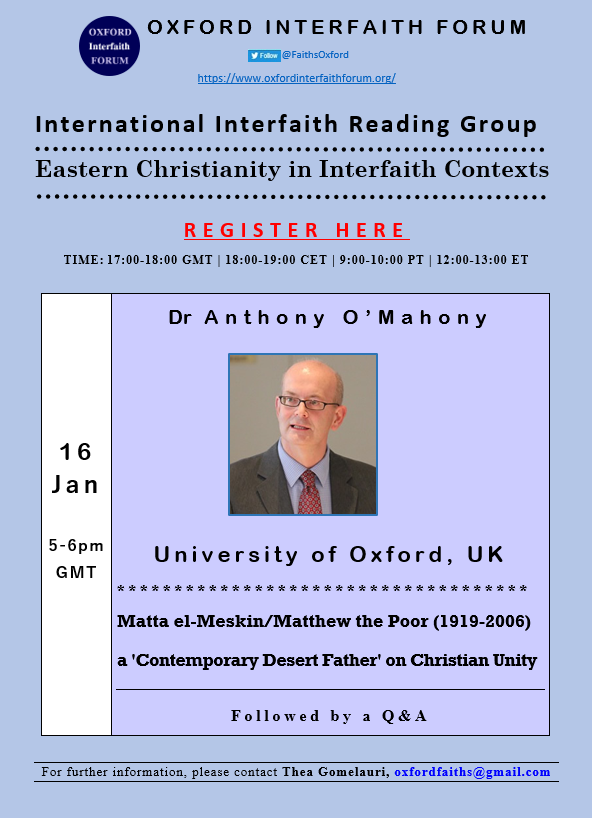
- Signs of Miraculousness: The Inimitability of Jacob of Serugh’s Teaching
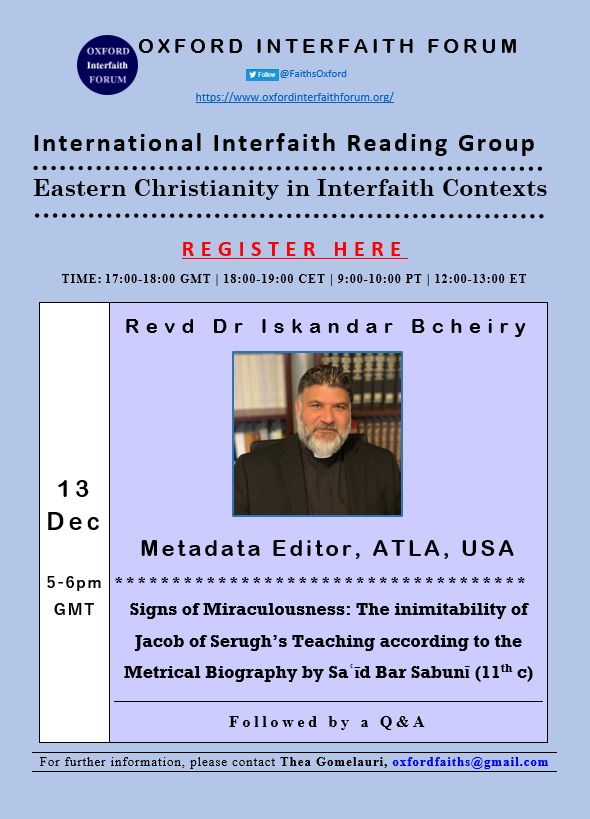
- Epistolary Style in Coptic Letters from the Late Third Century to the Early Fifth Century
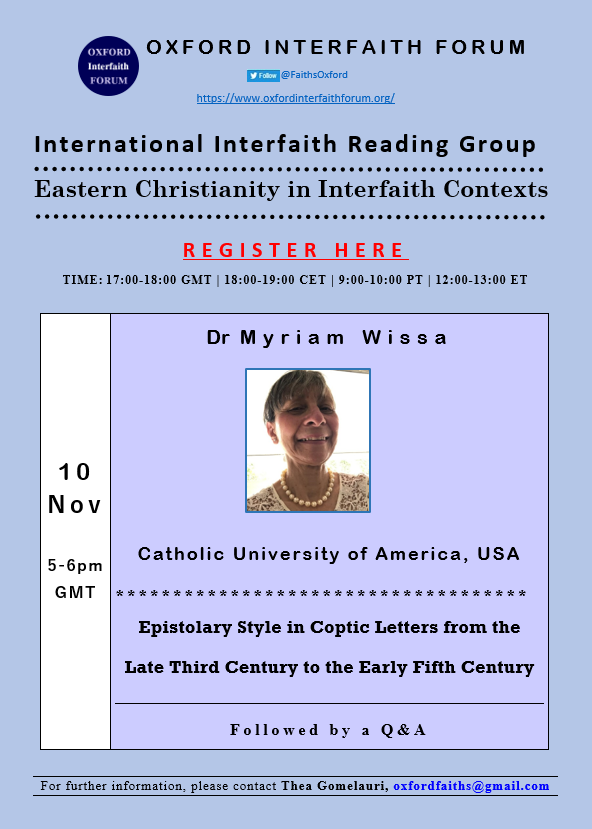
- Sarah and the Akedah: a Syriac Narrative Poem on Genesis 22
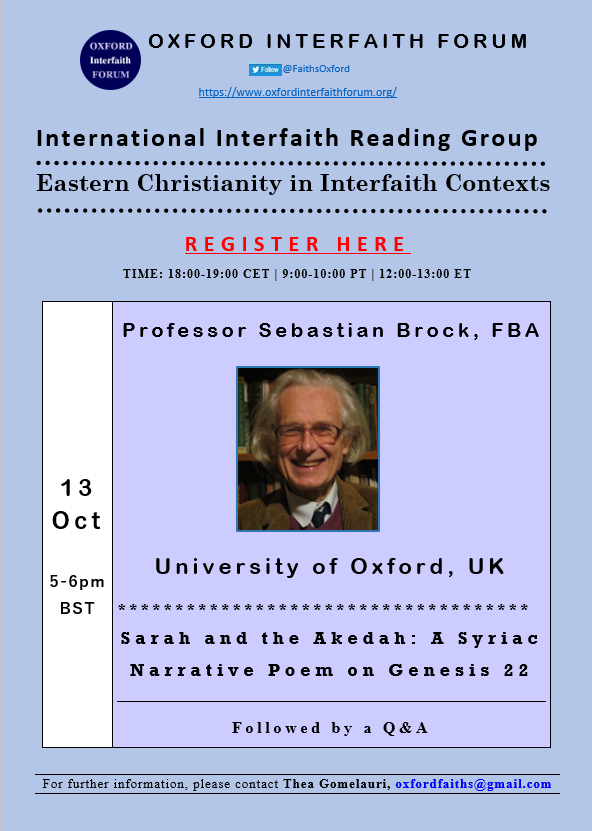
- The Paterik of the Kyivan Caves Monastery: Monk Polikarp in Discourse 14
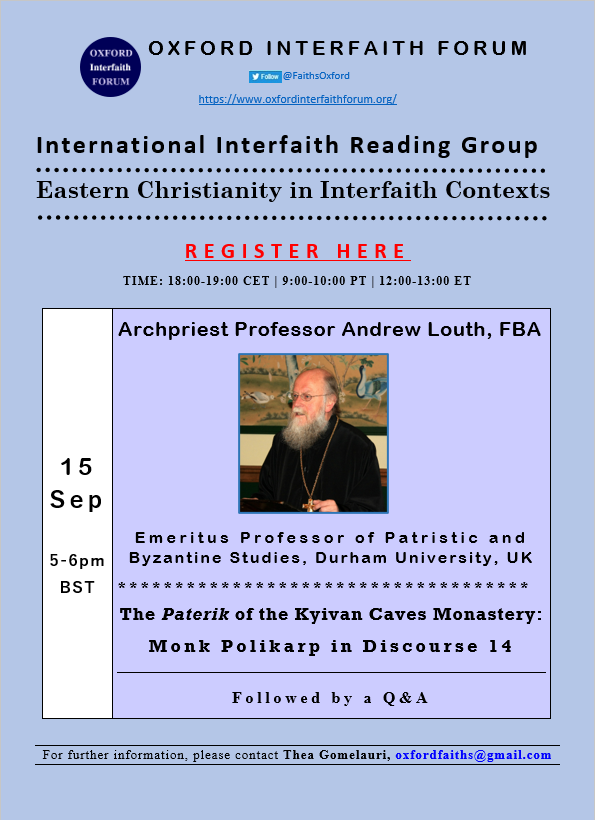
- Jacob of Sarug on the Canaanite Woman (Mt 15:21-28, Mk 7:24-30): Biblical Storytelling and Models of Faith
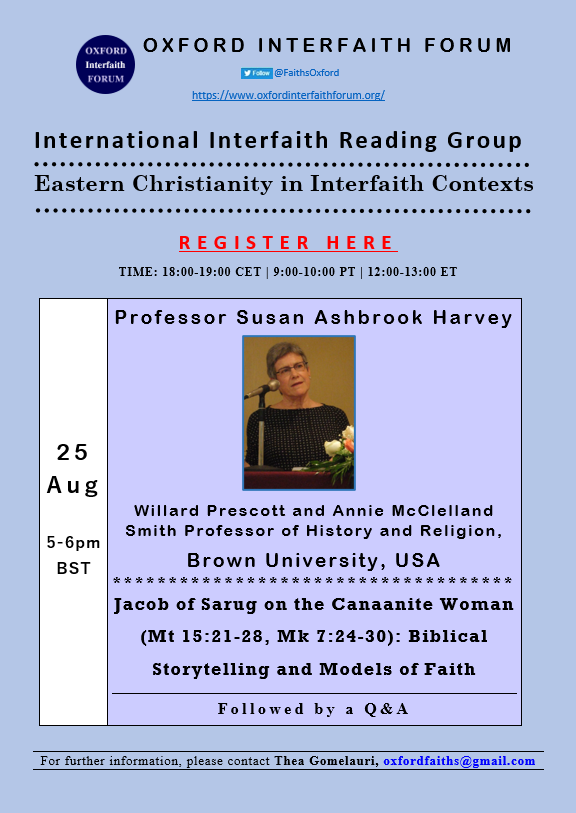
- Commemorating the saints at Turfan: Mart Shir and Mar Barshabba
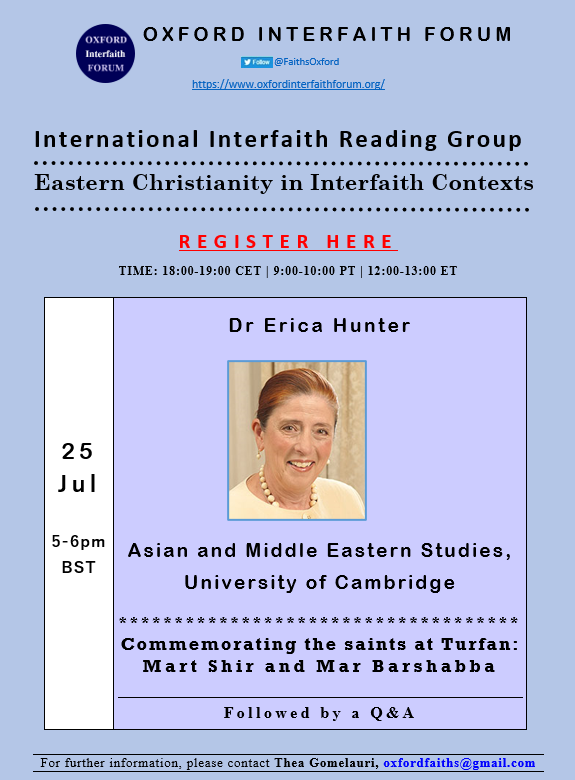
- The Opening Prayers of Saint Gregory of Narek’s Book of Lamentations
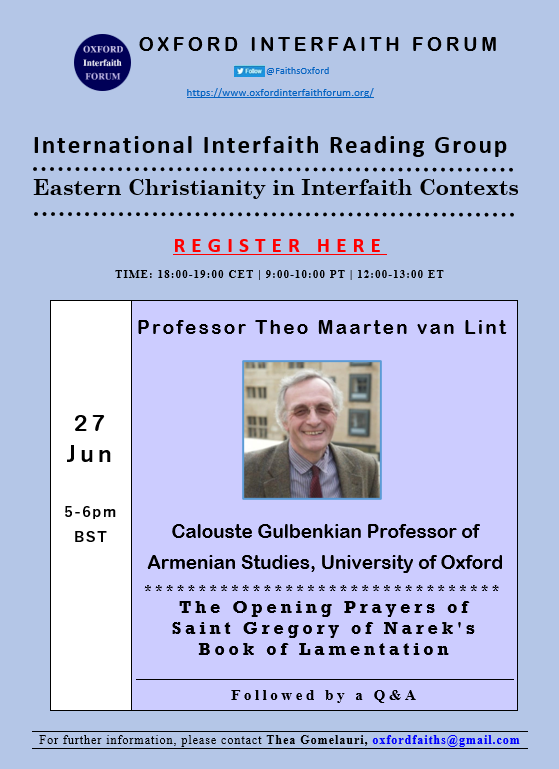
- Alexander Schmemann on Theotokos vis-à-vis Kali a Hindu Mother Goddess
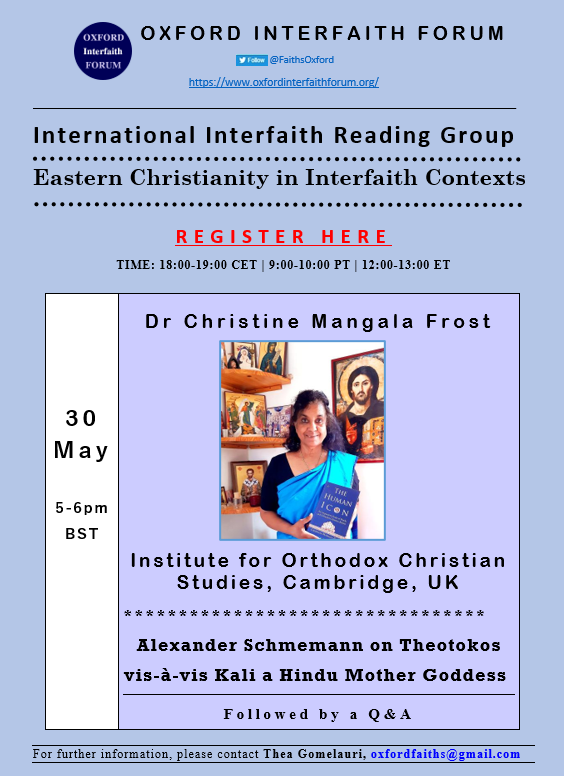
- Enoch and the Fallen Angels in the Ethiopian Tradition
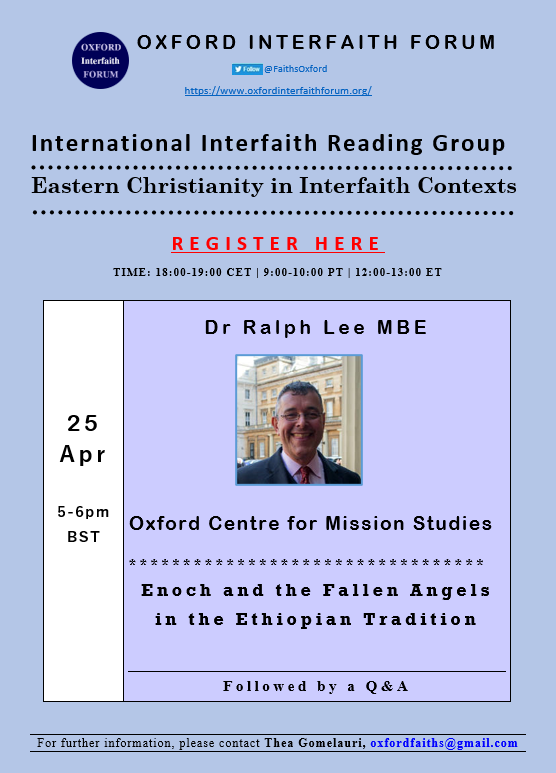
- Narsai on the Virgin Mary
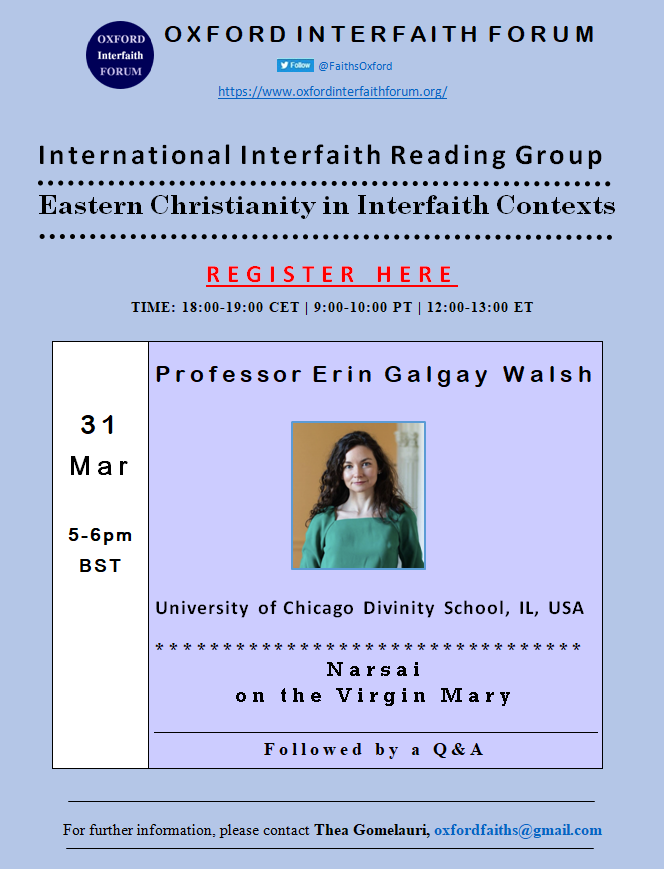
- An Anonymous Syriac Dialogue between Mary and the Angel
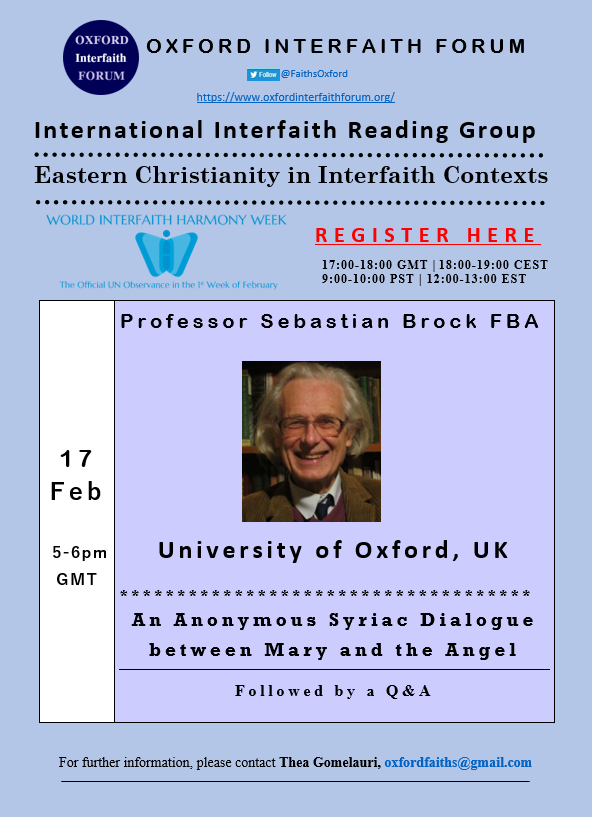
- Dadisho of Qatar: Questioning the Desert Fathers
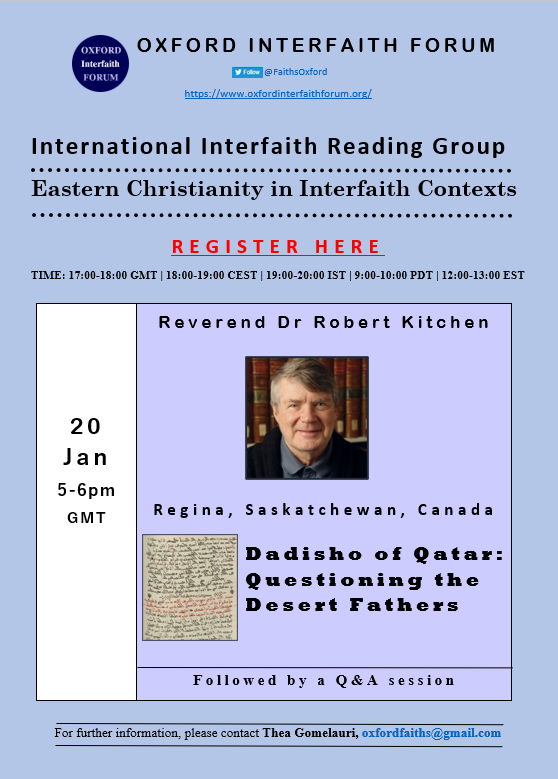
- George the Athonite on Matters of Faith and Rite, According to the Life of St George the Hagiorite
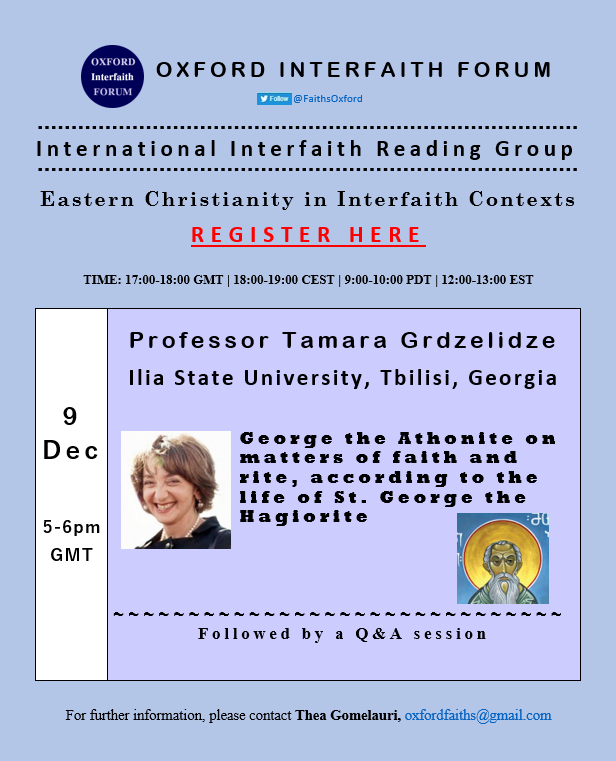
- Temple, Shekhinah and Prayer in Isaac of Nineveh’s III.VIII
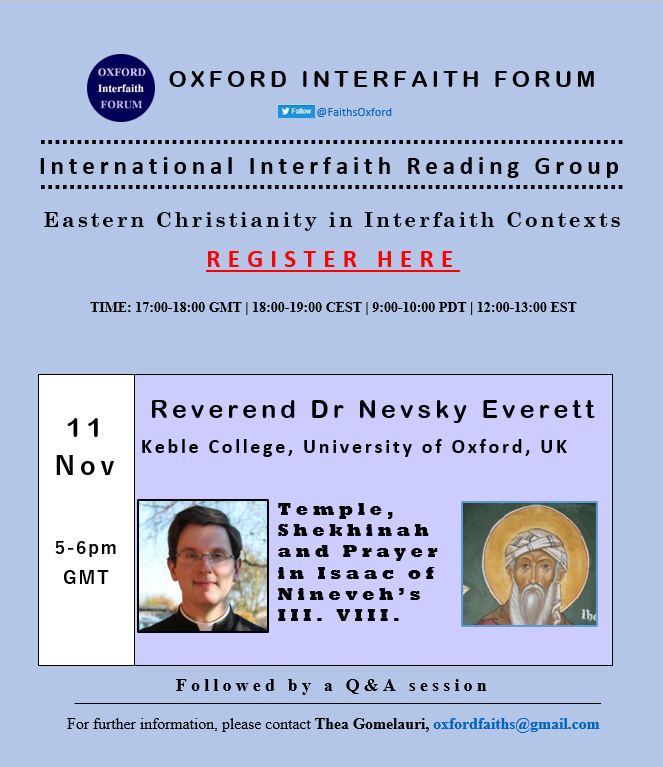
- St. Ephrem’s Commentary on Genesis Ch.3
